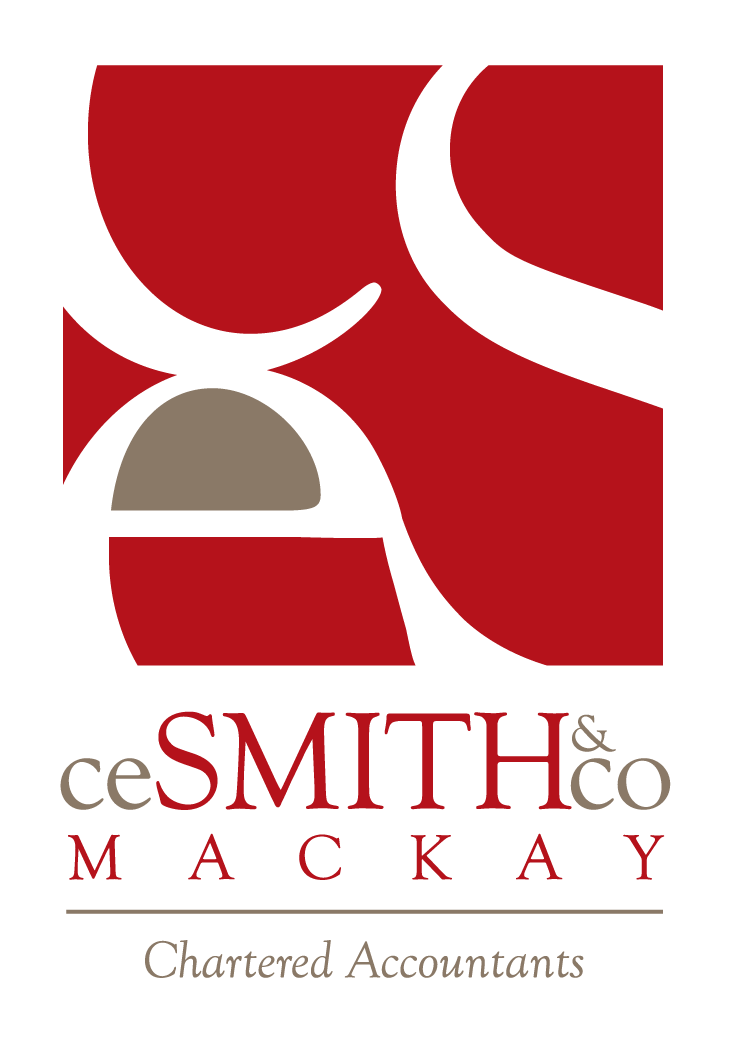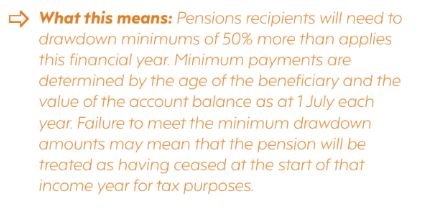2023-24 Budget Wrap
The 2023-24 Federal Budget was handed down on 9th May. It contains changes to business and personal taxation, superannuation, social security entitlements, as well as cost of living relief. Following are some of the headline measures, many of which are subject to enabling legislation.
BUSINESS
Depreciation made less generous
Temporary full expensing (TFE) will cease and be replaced by a $20,000 instant asset write-off (IAWO) from 1 July 2023.
Under this change, small businesses (aggregated annual turnover of less than $10 million) will be able to immediately deduct the full cost of eligible assets costing less than $20,000 that are first used or installed ready for use between 1 July 2023 and 30 June 2024. Assets valued at $20,000 or more (which cannot be immediately deducted) will be placed into a small business simplified depreciation pool and depreciated at 15% in the first income year and 30% each income year thereafter.
For larger businesses, the write-off threshold is cut to $1,000.
TFE, which allows eligible businesses with a turnover of less than $5 billion to deduct the full cost of eligible depreciable assets of any value, is however still available up to 30 June 2023.
Small business lodgement penalty amnesty
A lodgment penalty amnesty program will be provided for small businesses with aggregate turnover of less than $10 million to encourage them to re-engage with the tax system. This will see the ATO remit failure-to-lodge penalties for outstanding tax statements lodged from 1 June 2023 to 31December 2023 that were originally due between 1 December 2019 to 29 February 2022.
Crackdown on unpaid tax and superannuation
Also on the compliance front, from 1 July 2023 funding will be provided to the ATO over four years to assist it to engage more effectively with businesses to address the growth of tax and superannuation debts. This compliance action targets taxpayers who have high-value debts over $100,000 and aged debts older than two years where those taxpayers are either public and multinational groups with an aggregated turnover of greater than $10 million, or privately owned groups or individuals controlling over $5 million of net wealth.
INDIVIDUALS
No changes announced to Stage 3 tax cuts
The government did not propose any changes to the legislated Stage 3 tax cuts whereby from 1 July 2024, the 32.5% marginal tax rate will be cut to 30% for one big tax bracket between $45,000 and $200,000. The 37% tax bracket will be entirely abolished at this time.
Low and middle income tax offset (LMITO) notextended
This tax offset ceased from 1 July 2022. The LMITO was introduced by the former Coalition government in2018. It was only meant to be paid out once but was twice extended due to the pandemic. This offset was not extended on Budget night, and no replacement tax relief was offered to low- and middle-income earners.
SUPERANNUATION
Super Guarantee payable on pay day from1 July 2026
This will require all employers to pay their employees’ super guarantee at the same time as their salary and wages (e.g. weekly or fortnightly etc. instead of every three months) from 1 July 2026.
No reduction to minimum drawdown for super pensions for 2023/24
The temporary 50% reduction in the minimum annual payment amounts for superannuation pensions and annuities will not be extended into 2023/24.
SOCIAL SECURITY AND COST OF LIVING
Boost to Centrelink payments
A base-rate increase of $40 per fortnight for about 1.1 million Australians on support payments including JobSeeker, Austudy and Youth Allowance.
Jobseeker increased
A JobSeeker payment increase of $92.10 per fortnight will kick in for about 52,000 people aged over 55who have been on the allowance for nine or more straight months. This currently applies only to those aged over 60.
Power bill rebates
$500 energy rebates for 5.5 million households and 1 million businesses. Relief will be targeted to pensioners, Commonwealth Seniors Health Cardholders and households receiving income support including Family Tax Benefit A and B. Income limits apply.
Sole parents
Sole parents will be able to receive the single parenting payment until their youngest child turns 14– up from the current age of eight.
Rent assistance
15% increase to the rate of Commonwealth Rent Assistance, providing up to an additional $31 a fortnight for about 1.1 million eligible households.








